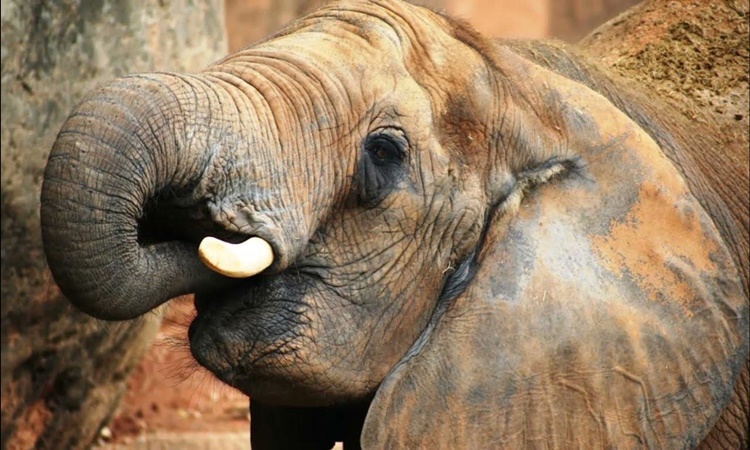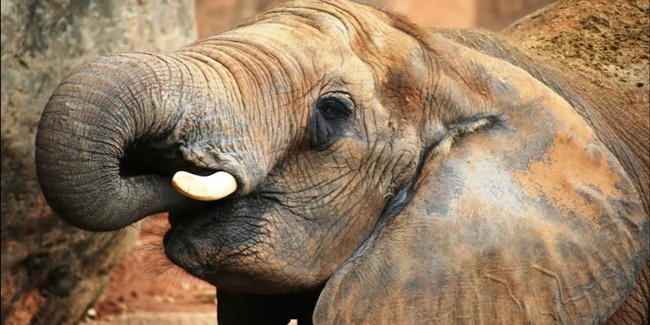This Explains Why Baby Elephants S*cking Their Trunks
BABY ELEPHANTS – This article will explain why baby elephants have a fondness for suckling on their trunks.
Images of baby elephants always create excitement on the internet, but photographs capturing them appearing to s*ck on their trunks never cease to enthrall viewers. This raises the question of whether baby elephants genuinely partake in this activity, piquing our interest and prompting us to delve into some investigation.
Baby elephants indeed s*ck on their trunks, the same as how human infants s*ck their thumbs, in search of comfort. Similar to human newborns, elephant calves possess a strong sucking reflex, guiding them instinctively when near their mother’s teat.

S*cking signifies nourishment.
S*cking signifies maternal connection.
Therefore, s*cking indicates comfort. When not nursing, a baby elephant might resort to s*cking its trunk, similar to how a human baby uses a pacifier.
Apart from the comfort aspect, trunk s*cking helps a young elephant understand how to use and control this lengthy appendage. Considering the intricate nature of the trunk, housing over 50,000 individual muscles, it becomes vital for the calf to grasp how to command and coordinate these muscles effectively.
Moreover, elephants utilize trunk suckling as a means of sophisticated “smelling.” By touching their trunks to urine or feces and subsequently tasting them, they can discern the pheromones of other elephants, enhancing their olfactory experience.
While trunk suckling is primarily observed in juvenile elephants, older ones, including mature bulls, have been seen engaging in this behavior when feeling anxious or distressed.
Interested in witnessing a baby elephant suckling its trunk?! Here’s a video demonstrating a baby elephant’s progress in learning how to suckle its trunk.
In a previous article, we shared six (6) interesting facts about nature’s slow-moving wonders, Sloths.

